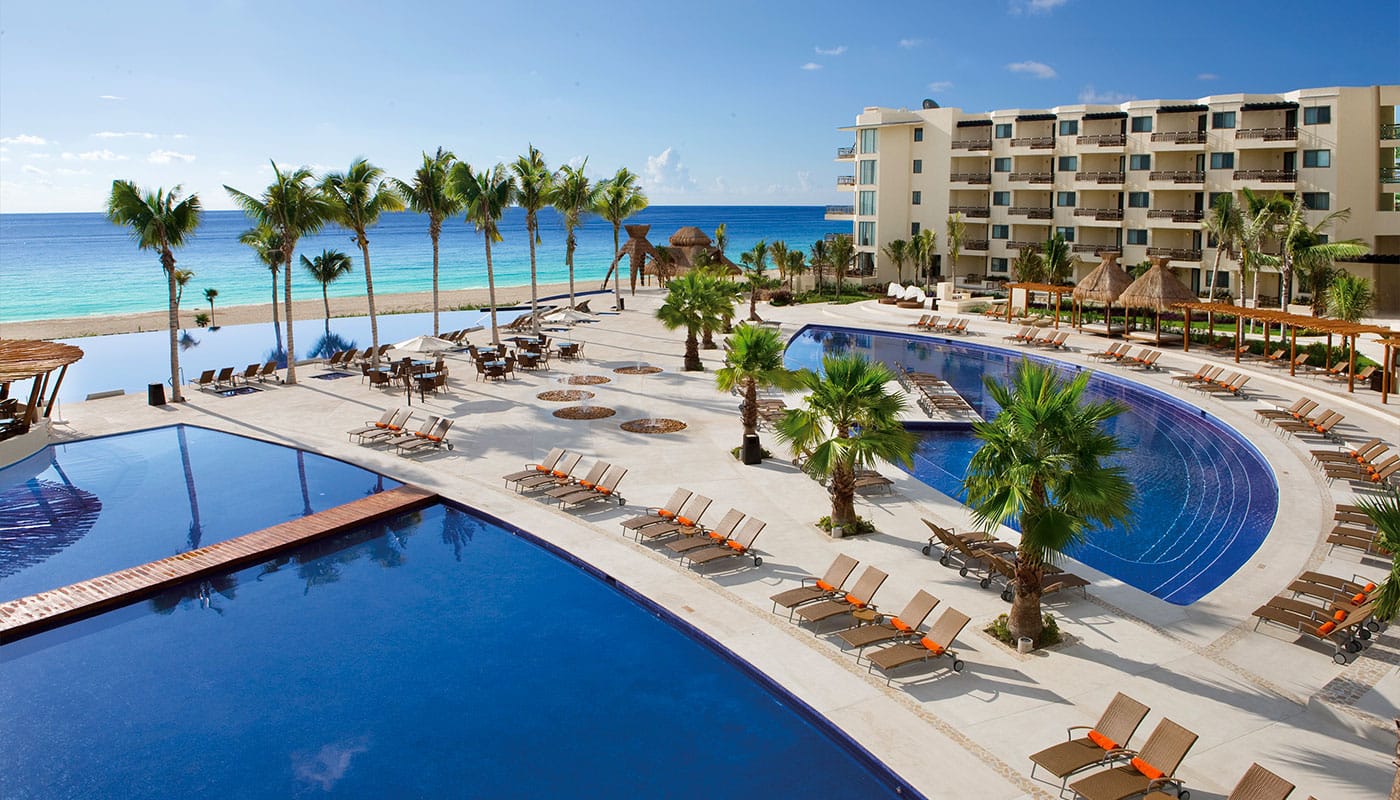This edition of the Reader Mailbag is focused on hotels and their discriminatory destination and resort fees.
About once a week, I’ll dip into the mailbag to answer questions about accessible travel from readers just like you. If you have a question you’d like answered, send an e-mail to mailbag@wheelchairtravel.org.
Today’s question was submitted by Roger from Southern California. I’ve been sitting on his e-mail for awhile, but a recent news headline encouraged me to pick it up. Roger asked:
Hi John, I was in the process of making a reservation at the JW Marriott Essex House hotel in New York City when I discovered an additional $35 “Destination Amenity Fee” added to the price. The hotel is already $500+ per night! What is this fee and is it optional? I ultimately selected another hotel without the added charge.
The JW Marriott Essex House is one of my favorite hotels in New York City, but the destination fee is a new addition since my last stay there. It’s a luxury property that commands high room rates, some of the highest in all of Manhattan.

An increasing number of hotels are implementing resort and destination fees to gain additional revenue. These fees often provide little additional value to guests, and I haven’t found anyone who enjoys paying the additional charge. Many industry analysts (myself included) regard such fees as instruments of price deception. They are tacked on to advertised room rates, incur additional taxes and are mandatory.
When the amenities covered by a hotel’s resort fee have not been accessible to me (such as a swimming pool, spa, car/shuttle service, etc.), I have generally been able to get the charges waived. One example is the Orlando World Center Marriott, which includes golf balls at its driving range in the resort fee — needless to say, I declined to pay. Other common inclusions, such as wi-fi, are benefits already promised for free to members of many hotel rewards programs.
By expanding these add-on fees to a larger number of properties that are not vacation resorts (such as the JW Marriott Essex House), the hotel chains may have gone too far.
Earlier this week, the Attorney General for the District of Columbia, Karl A. Racine, filed a lawsuit against Marriott International over resort fees, in what he says is a “straight-forward price deception case.” You can read the full complaint here (PDF).
The case alleges that Marriott, its franchisees and subsidiaries are in violation of consumer protection laws because they fail to disclose the full price of the hotel room upfront, because they at times misrepresent the “resort,” “amenity” or “destination fee” as a government-imposed charge, and because they offer limited or no visibility into what the mandatory fee actually covers.
It is likely that we will see attorneys general from other states also take action against hotel chains like Marriott over the deceptive practices surrounding resort fees. The consensus seems to be that hotels should disclose the full cost of a hotel room at the outset, just as airlines have been required to do with airfare.
Until the courts make a determination as to the legality of these mandatory resort fees, I encourage you to protest in any case where your disability prevents you from taking full advantage of the services included in that fee. Front-desk staff are empowered to remove the charge at check-out, so you’ll just need to ask.















